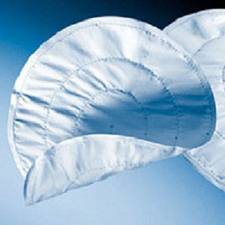An internal analysis performed by Johnson & Johnson in 2011 not long after it recalled a hip implant device estimated that the all-metal device would fail within five years in nearly 40 percent of patients who received it. Johnson & Johnson never released those projections for the device, the Articular Surface Replacement, or ASR, which the company recalled in mid-2010. But at the same time that the medical products giant was performing that analysis, it was publicly playing down similar findings from a British implant registry about the device’s early failure rate. The company’s analysis also suggests that the hip implant will likely fail prematurely over the next few years in thousands of more patients.
If you or loved one has suffered serious injury or complications with a hip implant, call our attorneys today at 860-667-0839.
The company’s analysis also suggests that the implant is likely to fail prematurely over the next few years in thousands more patients.
Read More


